Islamic Jihad chief: Gen. Soleimani was champion on battlefield; Palestine was his main concern
The leader of the Palestinian Islamic Jihad resistance movement has hailed the late top Iranian anti-terror commander General Qassem Soleimani as an undisputed champion in various spheres of the resistance front, stressing that the Palestinian issue was his main area of concern.
Ziyad al-Nakhalah made the remarks at a Thursday ceremony in commemoration of the two legendary commander in the Lebanese capital city of Beirut, where Iranian ambassador Mojtaba Amani, Lebanese and Palestinian resistance leaders, and a number of political and religious dignitaries were in attendance.
Nakhalah said General Soleimani once referred to him as “a dear brother and an inspiring leader,” stressing that the former commander of the Quds Force of Iran’s Islamic Revolution Guards Corps (IRGC) had “intense relationship with all Palestinian resistance groups and was in close contact with us, no matter whether we were active in the occupied territories or in the diaspora.”
The Islamic Jihad chief underscored that General Soleimani evolved from a national figure into an internationally distinguished personality turning the impossible into the possible.
“He was primarily concerned with the Palestinian issue, strongly in unity within the Muslim world, and viewed Palestine and liberation of the occupied holy city of al-Quds as a gateway to such unanimity,” Nakhalah pointed out.
“General Soleimani made great efforts to fortify and expand the Axis of Resistance,” he said, describing the launch of relentless barrages of rockets from the Gaza Strip at Israeli communities, including Tel Aviv, in response to Israel's 11-day military onslaught against the besieged coastal enclave in May 2021 as an obvious manifestation of such a fact.
General Soleimani, commander of the Quds Force of Iran’s Islamic Revolution Guards Corps (IRGC), Abu Mahdi al-Muhandis, the second-in-command of Iraq’s Popular Mobilization Units (PMU), and their companions were assassinated in a US drone strike authorized by Trump near Baghdad International Airport on January 3, 2020.
Two days after the attack, Iraqi lawmakers approved a bill that required the government to end the presence of all foreign military forces led by the US in the country.
Both commanders were highly revered across the Middle East because of their key role in fighting the Daesh Takfiri terrorist group in the region, particularly in Iraq and Syria.
On January 8, 2020, the IRGC targeted the US-run Ain al-Asad base in Iraq’s western province of Anbar with a wave of missile attacks in retaliation for the assassination of General
Soleimani.
According to the Pentagon, more than 100 American forces suffered “traumatic brain injuries” during the counterstrike on the base. The IRGC, however, says Washington uses the term to mask the number of the Americans who perished during the retaliation.
Iran has described the missile attack on Ain al-Assad as a “first slap”.
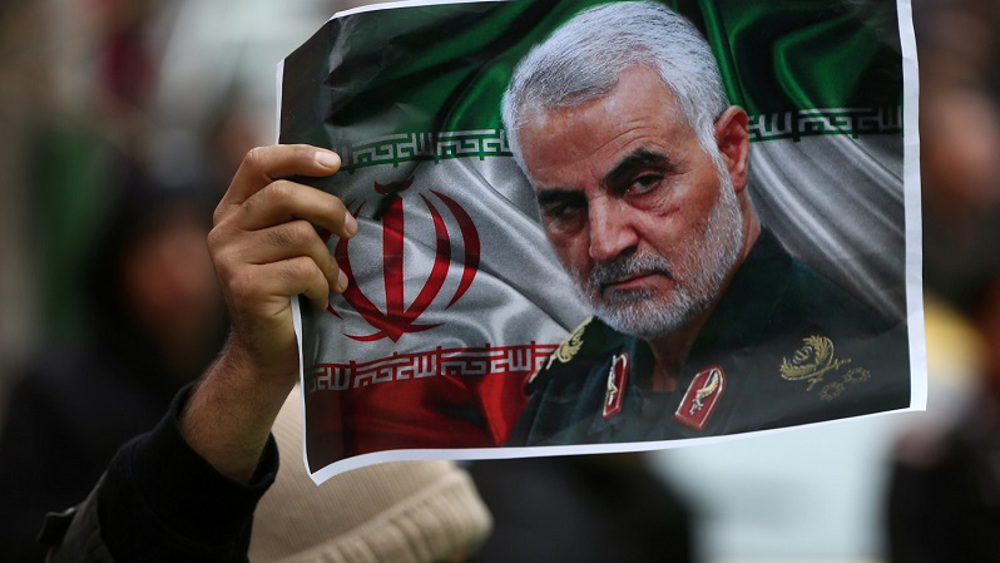
The legacy of Hajj Qassem
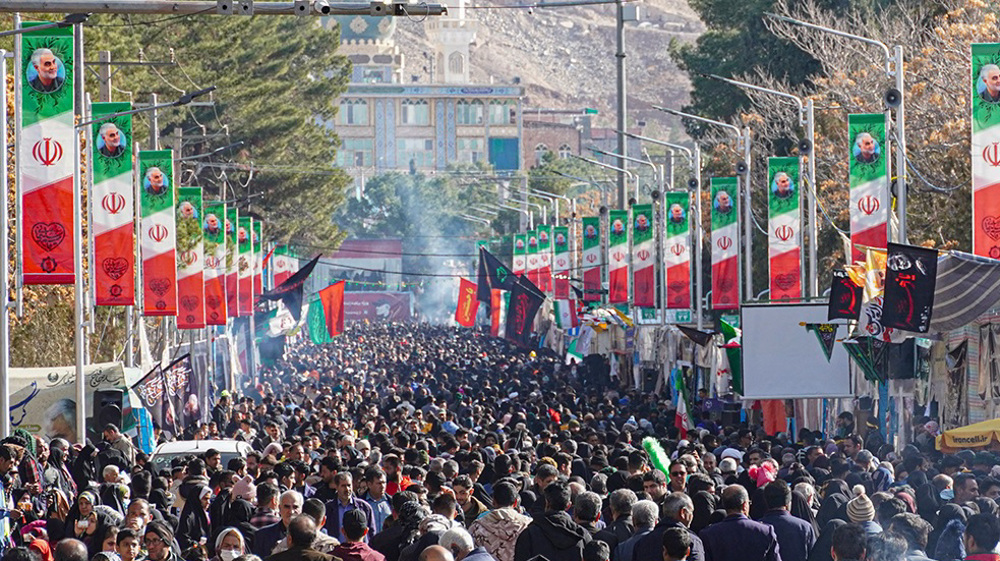
Iranians mark Gen. Soleimani’s 4th martyrdom anniversary in Kerman
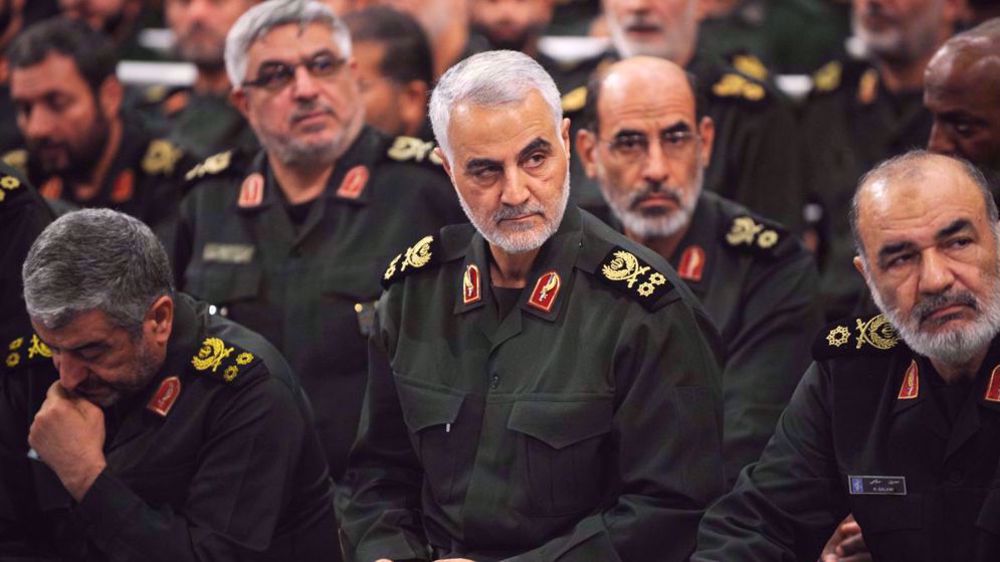
'General Soleimani unmasked US, Israel; expanded authority of regional resistance'
IRGC unveils new homegrown smart missiles, drones drill
Iran launches project to extract, purify helium from natural gas
Qatari Emir arrives in Tehran for deeper cooperation talks
VIDEO | Press TV's news headlines
Israel to release longest-serving Palestinian inmate Nael al-Barghouti
IRGC dismantles multiple US, Israeli spying networks in northern Iran
Two Israeli soldiers flee Amsterdam over arrest warrant fears
Iran rebukes US 'colonial' plan for forced relocation of Gazans


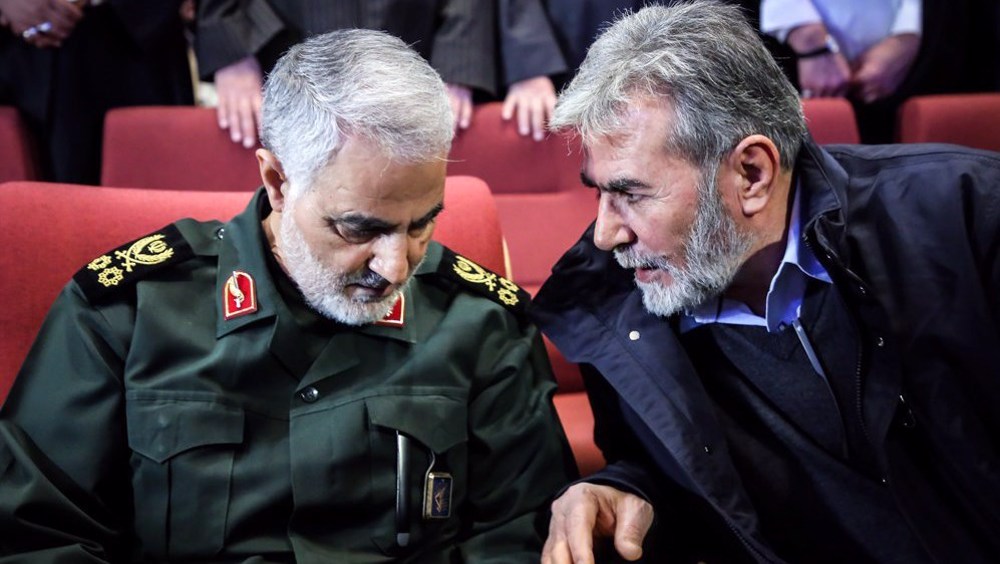
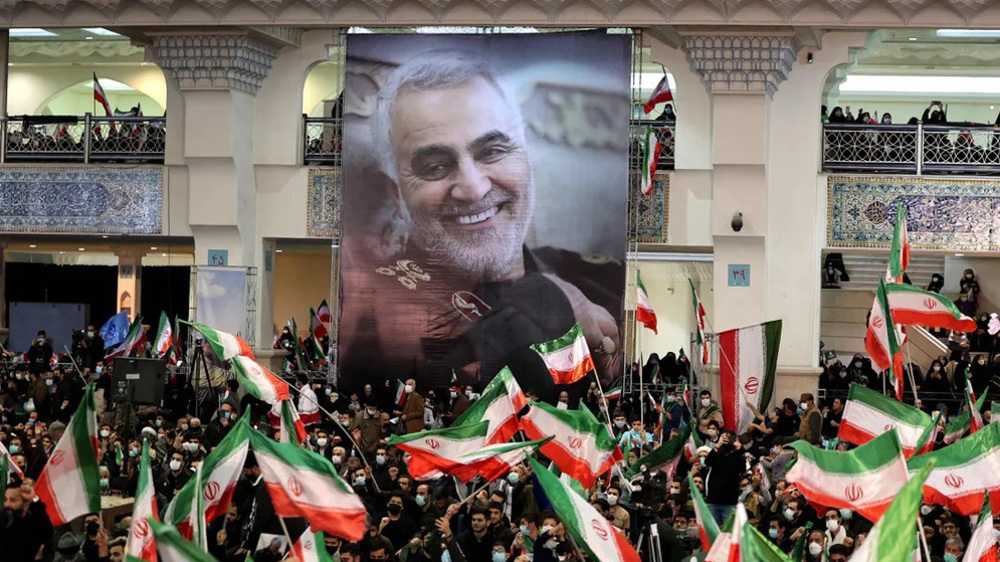
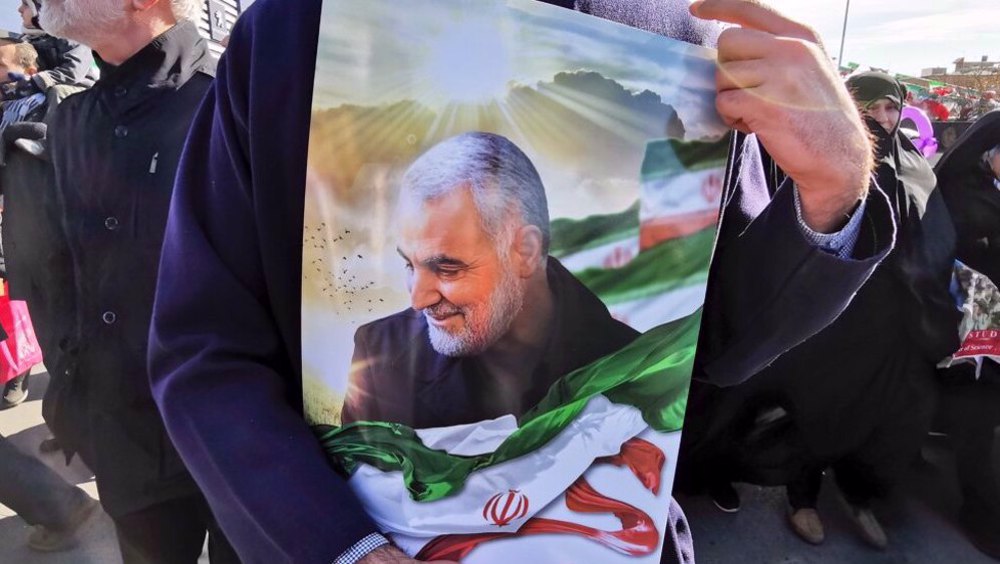



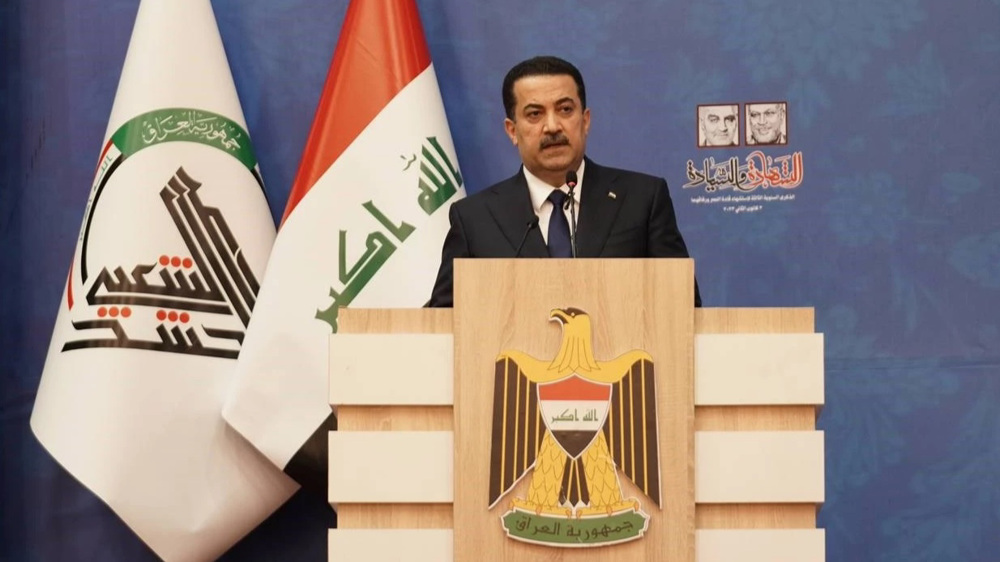
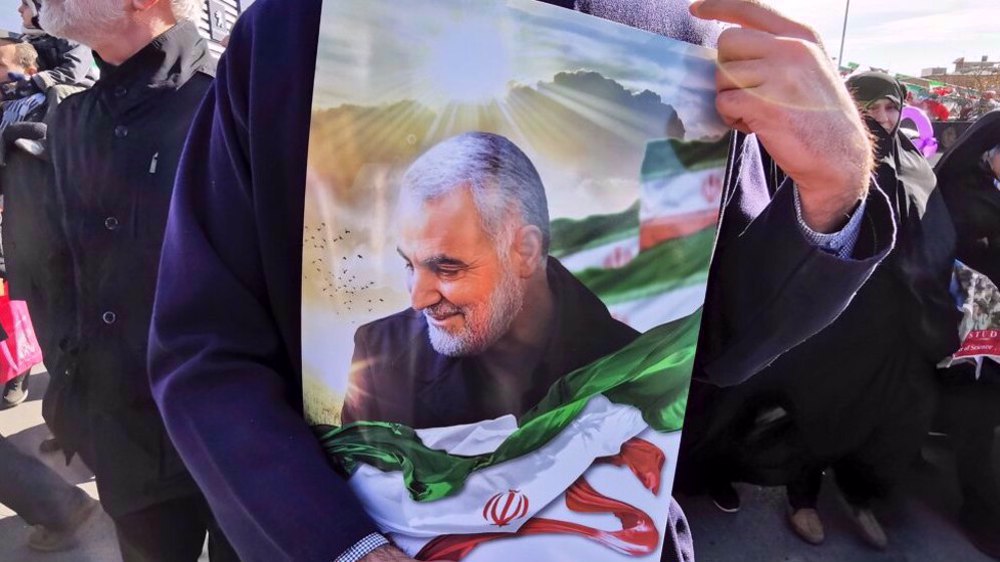
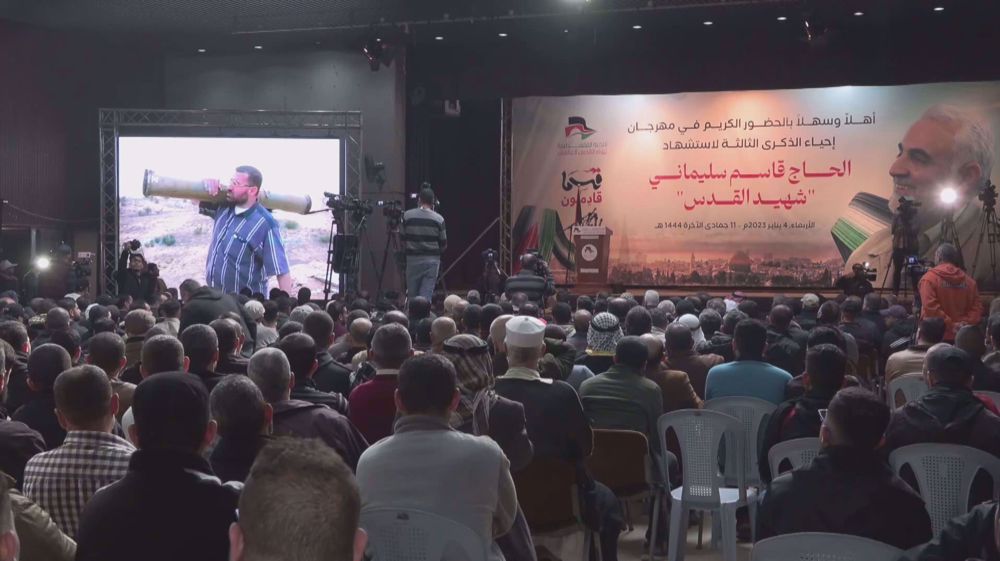
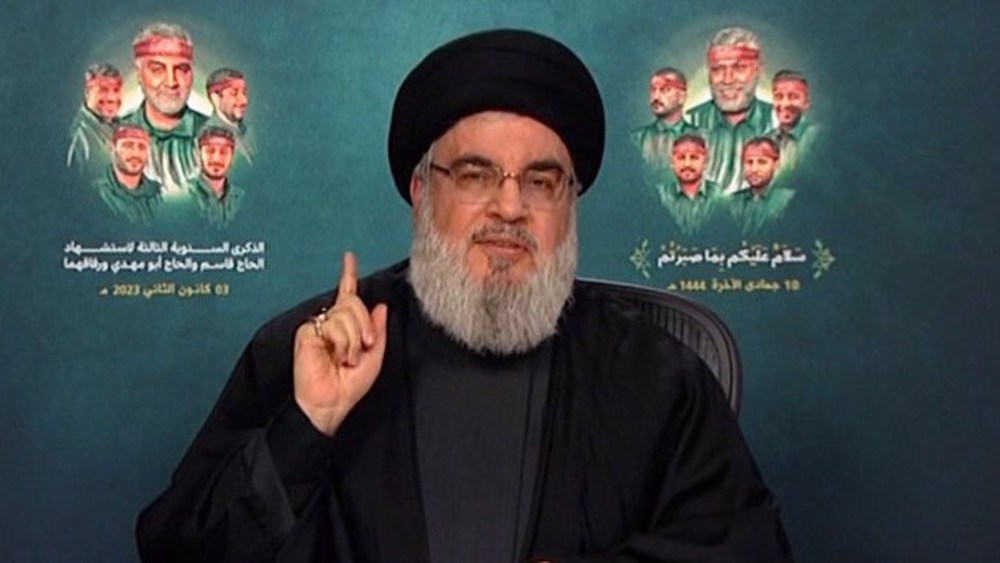
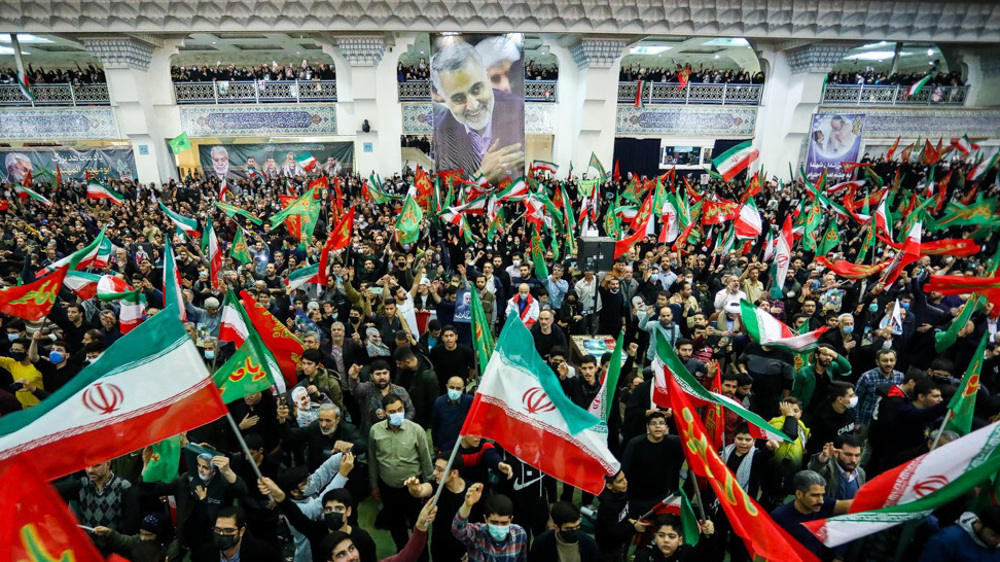
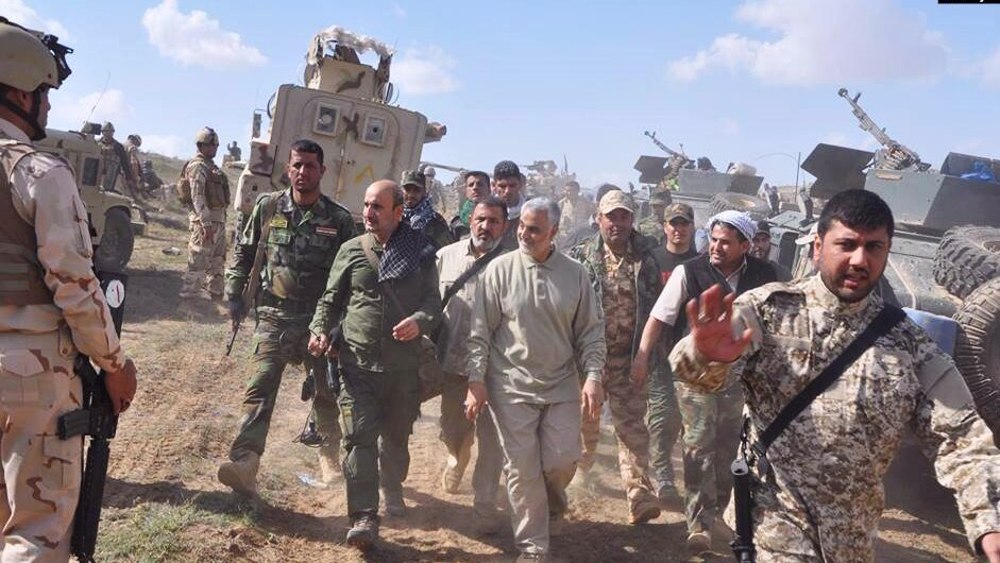
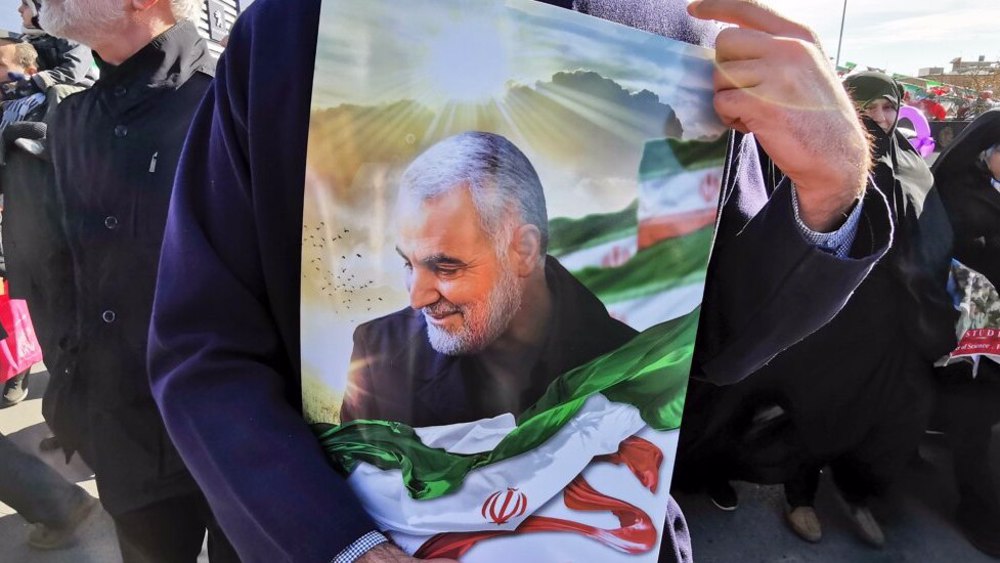
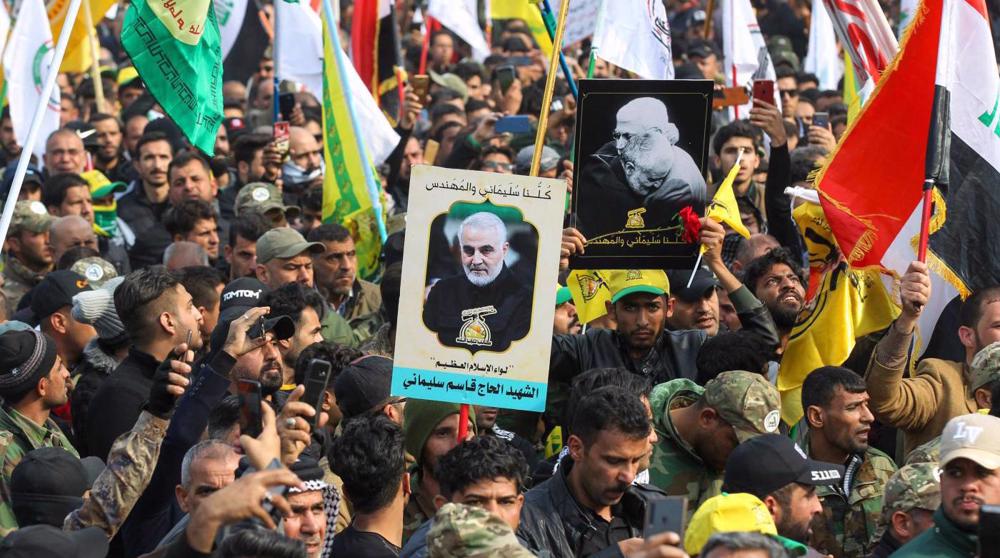

 This makes it easy to access the Press TV website
This makes it easy to access the Press TV website